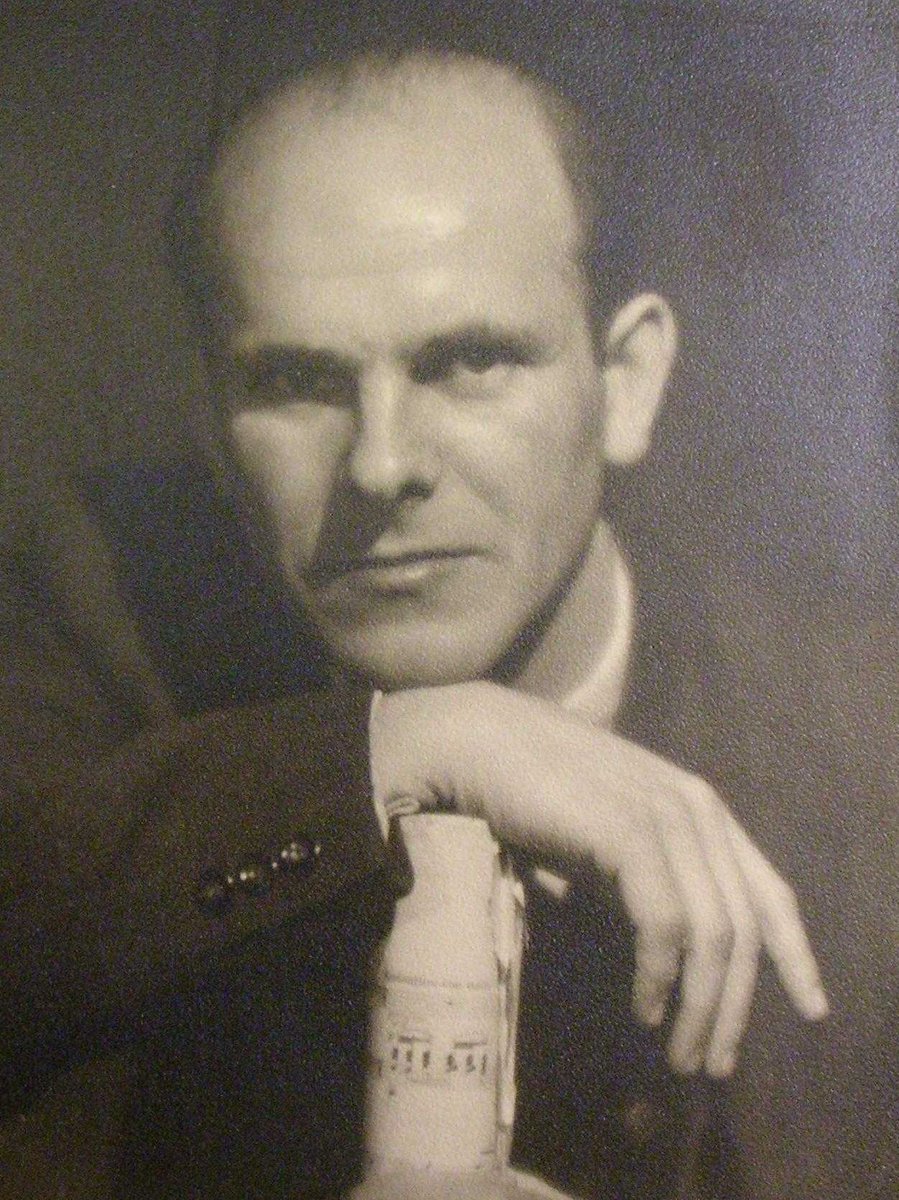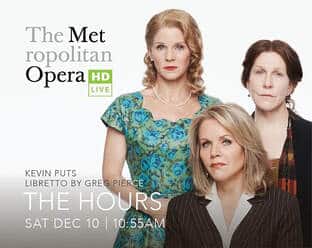Exclusive: Curtis Institute sacks its board
mainThe Curtis Institute of Music has abolished its Board of Overseers, a group of clued-up citizens who advise and sometimes gently restrain the school president. We understand that Roberto Diaz, head of the school, became frustrated with their role and a new chairman agreed to sack the lot.
Here’s the deeply confused letter that has gone out to overseers:
Dear Members of the Board of Overseers,
As Lowell Noteboom indicated in his email from this summer, an ad hoc committee was formed earlier this year to examine the role and relationship of the Board of Overseers to Curtis. The committee included representatives from the Overseers, the Board of Trustees, and staff. In my capacity as chair of this committee, I spoke over this summer with past Board Chairs, Trustees, Overseers, and past members of the Overseers.
It was clear to me that over much of its 20-year existence, the Board of Overseers played an important role, bringing an outside perspective that helped develop Curtis and opening doors nationally and even internationally. As I’ve expressed to you before, Overseers represent an incredible resource for Curtis. The depth of your knowledge was especially clear to me in the External Trends report that Overseers provided to the Board, which so informed the present Strategic Direction.
However as the ad hoc committee examined the relationship between the Board of Overseers and Curtis, it became apparent that as Curtis’s needs had evolved, the collective role and purpose of the Overseers had become less clear. Gathering twice annually for two-day meetings did not seem to be the best use of the limited resources of Curtis—or of the valuable time and expertise of Overseers. It was agreed we needed to rethink how we engage directly with respected industry leaders who support the school.
In the end, after extremely careful consideration based on the committee’s report, the board decided to discontinue the Board of Overseers, while seeking other ways to keep individual Overseer involvement. New bylaws approved by the Board of Trustees are a step in that direction, encouraging greater participation of non-trustees—including constituents with an extensive knowledge of the field of classical music who bring a direct perspective of the field—on Committees with a full vote.
I wish to express my sincere appreciation to the entire Board of Overseers and particularly Lowell Noteboom for his tireless work, as well as Cathy French and Dick Neu as Vice Chairs, and Gabrielle Rinaldi, as Secretary. I’m sharing a resolution passed by the Board of Trustees that honors the 20 years of service by the Board of Overseers, and further expresses our deep, collective gratitude for the valuable time and energy you have invested in Curtis. You can view the resolution here.
With great thanks,
Mark E. Rubenstein
Chairman of the Board

Among the overseers who are receiving this letter at this moment are Allison Vulgamore and Anne Parsons, respectively heads of the Philadelphia and Detroit symphony orchestras; the violinist Pamela Frank; Bruce Coppock of the St Paul Chamber orch; Pamela Rosenberg, former boss of the Berlin Phil; the publicist Mary Lou Falcone, who will shortly be going into damage-limitation mode; the clarinet virtuoso Anthony McGill; and the forer NY Times journalist John Rockwell. Not a good bunch of people to affront.





The headline makes it look like “Dear board, we don’t want you any more.” The letter doesn’t look like that to me.
It looks like Mr. Rubenstein was careful to phrase his letter to indicate “we appreciate your expertise and willingness help, but this system was not the best use of your time; so we’d like to try something different, and we hope you will want to continue with us as we figure out what that new system will be.”
Exactly – it’s the Board of Overseers (unfortunate connotation) which is being phased ont, not the Board of Trustees, which has the ultimate authority.
And given that five of the Overseers were involved in three orchestral lockouts and one strike in the past five years, perhaps it is being seen that these might not be the best people to advise on sustainable orchestra management. “Clued-in” does not best describe this bunch.
Clearly money is an issue. A twice-a-year two day meeting of advisors – that money could be better used while continuing to receive their views and advice in other ways.
As someone who witnessed the birth of the Board of Overseers in 1996 with Derek Bok, former President of Harvard, as founding Chair; I do not understand the reasoning in the letter from Mr. Rubenstein. Money is not really the issue because the Overseers paid for their own travel and hotel. There has always been a certain tension between the two Boards and please remember that there is a third Board (of the Bok Foundation) that controls a significant part of the endowment. The advice of the Overseers was often useful, sometimes controversial, but always served as a means of exploring all the options for the trustees and staff. The main purpose of the Overseers, in addition to wise counsel, was always the spreading of the good word about the school through the ambassadorial connections of this distinguished group. Turning the page was probably inevitable with the change in Board of Trustees leadership. Only time will tell us if this move was a wise one in the long term.
Very wise words, as always, Dean. That letter is a logic-free space.
Like my friend and former Curtis colleague, Bob Fitzpatrick, I too was present at and involved with the birth and early life of the Board of Overseers in my capacity as Vice President for Finance and Administration. I had witnessed the many benefits of such a board earlier in my career as Associate Dean of the Harvard Graduate School of Education. From my perspective, the primary reasons for and benefits of the Overseers at Curtis were to bring to the world-renowned but insular school new and broader perspectives in not only the preparation of young exceptionally gifted artists but also to ensure that the 1/3 of their course work in the liberal arts was of comparable high quality and to encourage the school to attend to the students’ needs not just as artists but also as young men and women, half of whom came from other countries. Until at least the time I left Curtis in 2007, and most likely thereafter, the Overseers fulfilled their role exceptionally well. As for the alleged replacement mechanism, voting membership on Trustee Committees, Overseers were voting members of those Committee from the start and through at least 2007. It’s not clear how shutting off the Overseers’ perspectives, after 20 years, can be of any benefit to the school and its students.
Hopefully this is a portent of things to come…. perhaps a housecleaning of this sort will pave the way for a new direction. Now the new clarinet teacher/ex-overseer, McGill can replace Mr. Diaz as Director. Or even better, the oboe teacher has just the right people skills and countenance to keep everyone satisfied. He could be just the right titan to raise the standard even higher and persuade the wealthiest of possible donors to part with their hard worked-for inheritances.